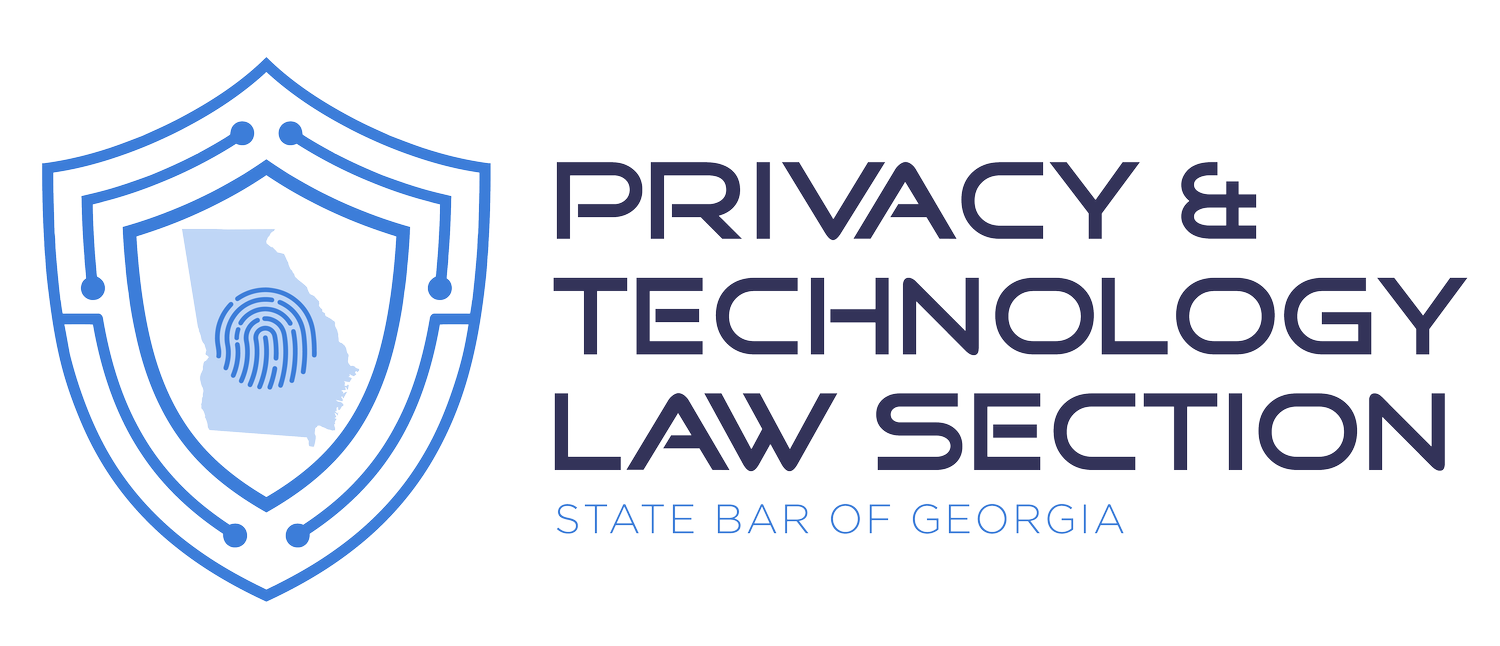By Chuck Rice, Kilpatrick Stockton, LLP, Atlanta[1] Employees’ blogs and social-networking websites raise a number of potential legal issues for employers, but recently issued Federal Trade Commission (“FTC”) guidelines on product endorsements reveal a largely unforeseen risk: employer liability for false or misleading advertising stemming from employees’ online postings about their employers’ products or services.
The New FTC Guidelines
Section 5 of the FTC Act prohibits businesses from engaging in unfair or deceptive acts or practices affecting commerce, and the FTC has interpreted this prohibition as covering false or misleading advertising practices. With respect to unlawful advertising practices, the FTC recently issued revised guidelines on endorsements of products and services, and these guidelines cover advertising achieved through “new media” such as blogs and social-networking sites. These guidelines, which went into effect on December 1, 2009, define “endorsement” as an advertising message that consumers are likely to believe represents the opinions or experiences of a party other than the sponsoring advertiser. Under the guidelines, a business that pays the party making the endorsement or that has an ongoing relationship with that party can be held liable for false or misleading statements made by the endorser about the business’s goods or services or for the endorser’s failure to disclose the relationship between the endorser and the business, even if the business has no control over the content of the endorser’s statements.
The new guidelines raise significant liability concerns for an employer when its employees promote the employer’s products or services on their personal blogs or social-networking pages. If the employer is found to be “sponsoring” those employee endorsements, it can be held liable under the FTC Act for any false or misleading statements in the employee’s message, and a simple failure to disclose the employment relationship in the endorsement can render an otherwise true and honest statement unlawfully misleading. In determining whether a business is sponsoring an individual’s internet-communicated endorsement, the FTC will consider a number of factors, including whether the individual receives compensation from the business, the length of the relationship between the individual and the business, and whether the business has provided the endorsed products or services to the individual free of charge. In the case of an employer and an employee, compensation would be present in the form of wages, an employment relationship of significant duration will often exist, and, in some cases, the employee may receive the employer’s products or services free of charge or at reduced prices. Thus, an employer could be found to be the sponsor of an employee’s online endorsement of the employer’s goods or services, even though it has not actively solicited the endorsement and has no direct control over the content of the endorsement. Of course, when an employer directs or encourages its employees to promote the employer’s products or services on their personal internet sites, the FTC would have little difficulty in establishing that the employer is the sponsor of employee endorsements.
In comments published with the revised guidelines on endorsements, the FTC stated that it would consider the existence of an employer’s policies and procedures governing employee postings on blogs and social-networking sites in determining whether the employer should be held liable for misleading employee endorsements on such sites. The FTC indicated that it would generally not pursue an enforcement action against an employer based on the actions of a single employee who violated a company policy that “adequately” covered the employee’s inappropriate endorsement.
Practical Implications
Even if an employer has not actively solicited employee endorsements of its products or services, the new FTC guidelines suggest that the mere existence of an employment relationship may support a presumption that the employer sponsored misleading endorsements on an employee’s personal blog or social-networking page. To minimize the risk of liability for false or misleading advertising in this situation, an employer should be pro-active and adopt a policy addressing statements about the employer’s products or services on employees’ websites. Such a policy should inform employees about what constitutes an employee endorsement, what disclosures must be made in connection with employee endorsements, and what statements would be inappropriate. The policy should also require employees to submit proposed endorsements of the employer’s products or services to the employer’s marketing or legal staff for approval before they are posted on the internet. Although employee endorsements on personal web pages can be a valuable marketing tool, exerting an appropriate level of control over such endorsements can mean the difference between a successful advertising strategy and a costly lawsuit under the FTC Act.
[1] Mr. Rice, who is resident in the Atlanta office of Kilpatrick Stockton, LLP, focuses his practice on a full range of labor and employment law matters across many industries.
